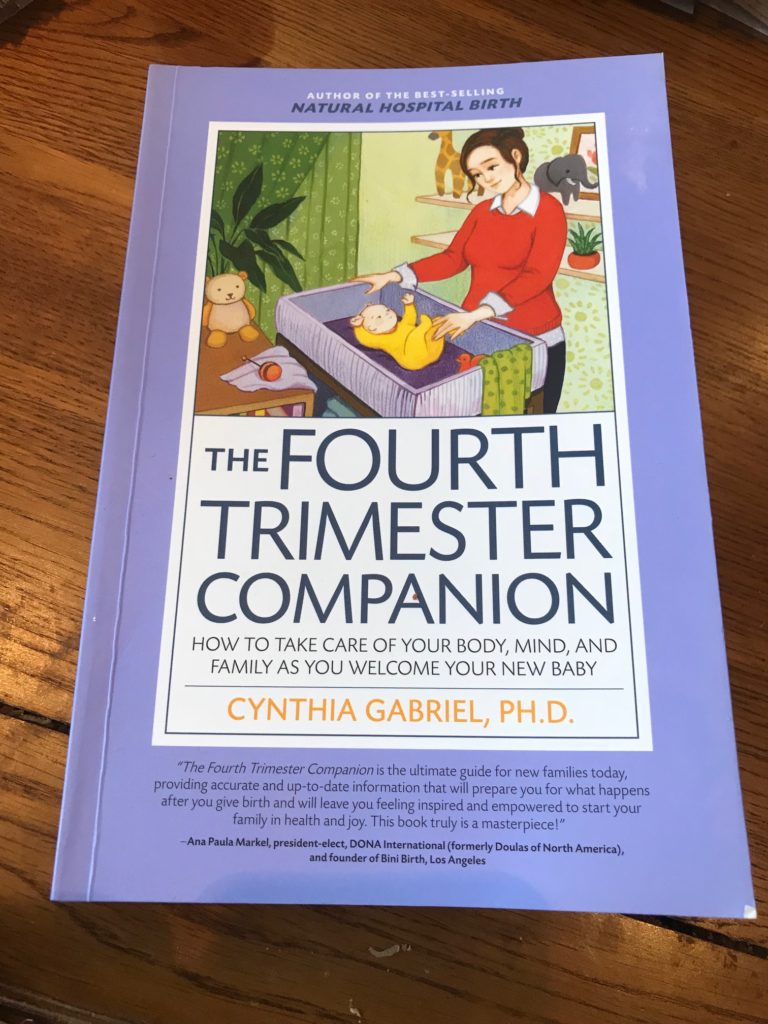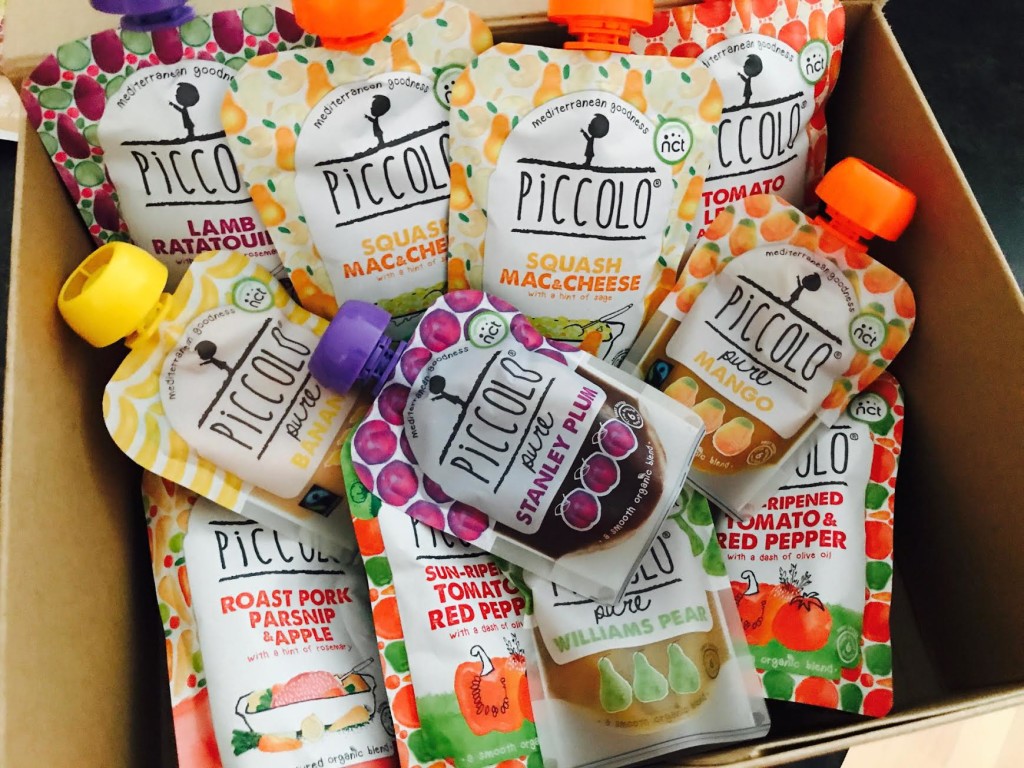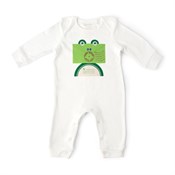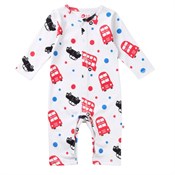PARENTS GET A MERE TWO HOURS AND SIX MINUTES OF SLEEP PER NIGHT
A new study into the hilarious actions of sleep deprived parents has found that a staggering 78 per cent admit to doing something silly due to exhaustion, and it’s not surprising given that they only manage to catch two hours and six minutes of sleep each night.
The research of 2,000 UK parents of children aged between 0 – 10 years, commissioned by bed maker Silentnight.com, revealed the amusing mishaps of exhausted parents due to the shocking state of their sleep habits.
Lack of sleep is undoubtedly one of the biggest pains for new parents, so it comes as no surprise that over a third (35 per cent) admitted to mistakenly drinking their baby’s milk formula due to excessive fatigue and one in five accidently put items such as a nappy or kettle in the fridge.
Not only are drained parents making silly mistakes physically, but their emotional state is also questionable, as 20 per cent admit to forgetting to pick up their other children from nursery or school. While 18 per cent admit to cradling the dog instead of their baby, and the same percentage confess to bursting into tears for no reason. Continuous lack of sleep seems to be causing an epidemic of confused and muddled parents, which is even affecting simple household chores, as nearly one in five admit to accidentally mixing up the washing and turning clothing the wrong colour.
And the sleep deprived antics don’t stop there. Christian, 32, from Blackpool, admitted to cradling the family pet, saying, “I fell asleep on the sofa and when I heard the baby cry, I picked up the cat and rocked it back and forth.”
While holding her child, Ruth, 32, from Birmingham asked her husband to go and get their daughter from her cot. While Karen, 30, from Coventry was so sleep deprived she left the house and forgot to do up her nursing bra.
Other bizarre confessions from zombie parents include falling asleep in restaurants with friends, forgetting their child’s name and trying to unlock the back door using a car key fob.
Commenting on the findings, Silentnight’s sleep expert Dr Nerina Ramlakhan has warned that parents place too much emphasis on the amount of time they’re supposed to sleep.
She said, “It’s important that we focus on achieving quality, deep sleep, rather than a quota of hours. As a new parent, it’s vital to make the most of any free time you have restfully and to take regular naps of no more than 15 mins, when you can, in order to re-energise.
“Think about delegating tasks, don’t be a perfectionist and allow your other half and family to help out as much as possible. It’s also important not to over rely on stimulants as these will affect your sleep in the long run.”
Interestingly, parents seem to be completely overwhelmed by their own lack of sleep and exhaustion issues more than their littles ones, with nearly seven in ten (69 per cent) not concerned or worried about their baby or child getting enough sleep.
Hilariously, when asked what they would rather have, Silentnight’s findings highlighted the desperation of sleep starved parents, with a whopping 77 per cent claiming they would rather have an afternoon nap, than dinner out at a Michelin star restaurant (15 per cent). Other luxuries such as a relaxing spa weekend (38 per cent) were again overruled by a long lie in (42 per cent).
The findings also revealed that the sleepless nights don’t become any easier if you go on to have more than one child, with 70 per cent of second time parents admitting sleep deprivation worsens with the addition of siblings.
So, what can be done to combat sleep deprivation for British parents?
Both meditation and a hot drink before bed (27 per cent) were the preferred methods of drifting off into a deep slumber. Surprisingly, reading before bed was least favoured by older parents, with only 7 per cent of those aged 46 – 50 trying this past time, in comparison to 19 per cent of millennial mums and dads.
Dr Nerina added: “Sleeping with a newborn baby can be extremely difficult, and it’s important that parents try to find a balance where possible. If you do find yourself continually waking during the night, then there are a few tricks that you can use to get yourself back to sleep more easily.
“Be prepared – try to have everything on hand for a quick feed or nappy change and if you have to put a light on, use a low-level bedside lamp. The less time you are exposed to light, the easier it will be to get back to sleep again. Don’t be tempted to check your phone, as the blue light from screens tricks your brain into thinking it’s more awake than it is, making it more difficult to get back to sleep. Avoid checking the time – if you do this, you are more likely to start worrying about how little sleep you might get.
“And finally, don’t worry if you do something silly due to being tired, every new parent can relate!”
The study revealed the top ten parenting mishaps:
-
Mistakenly drinking my baby’s milk formula
-
Sending my child to school with no PE kit or lunch
-
Eating baby food
-
Putting an item such as a nappy or kettle in the fridge
-
Forgetting to pick my children up from nursery or school
-
Cradling the dog instead of a child
-
Forgetting what I’m saying in the middle of a sentence
-
Crying for no reason
-
Falling asleep while cleaning the house
-
Mixing up the washing and turning clothing the wrong colour






